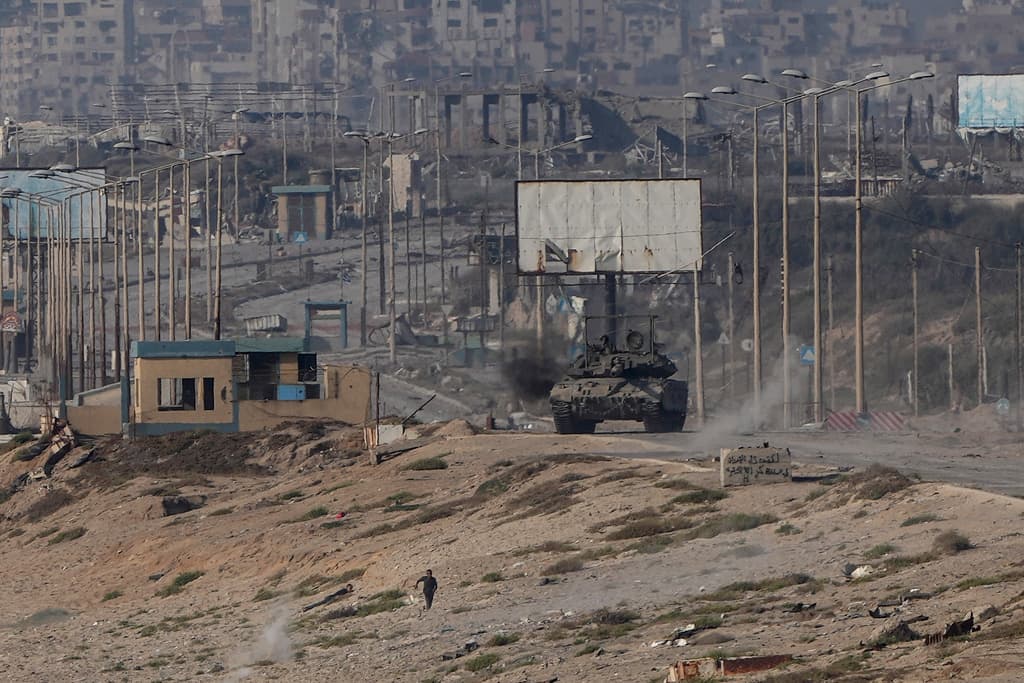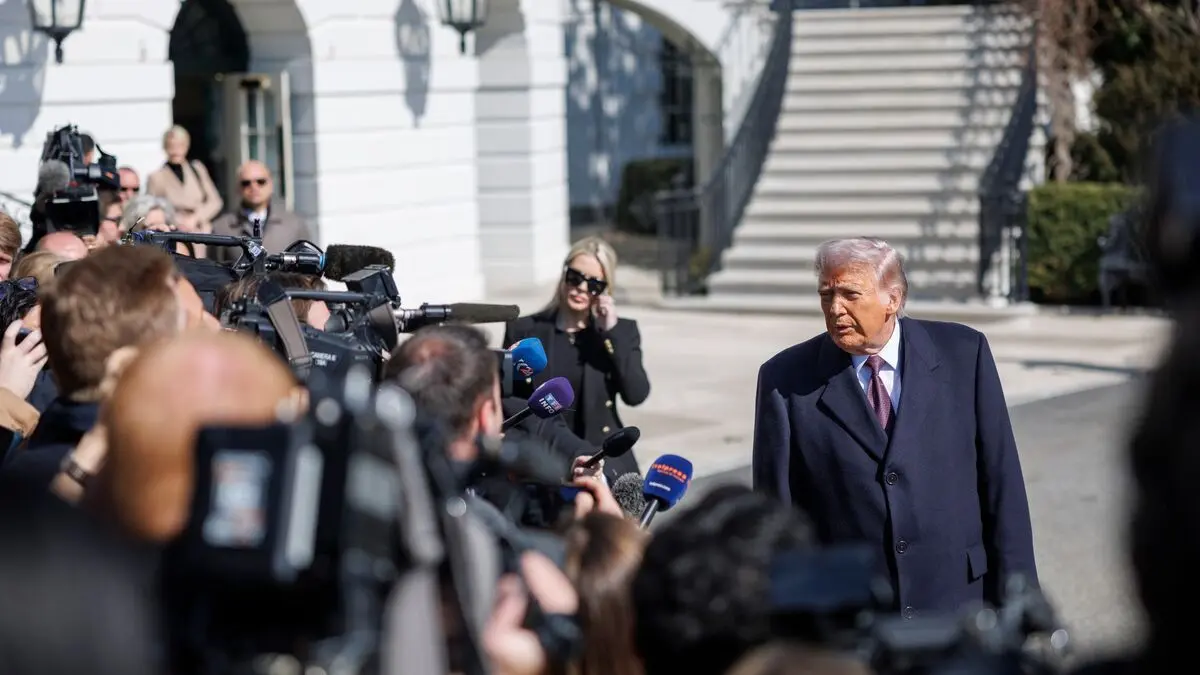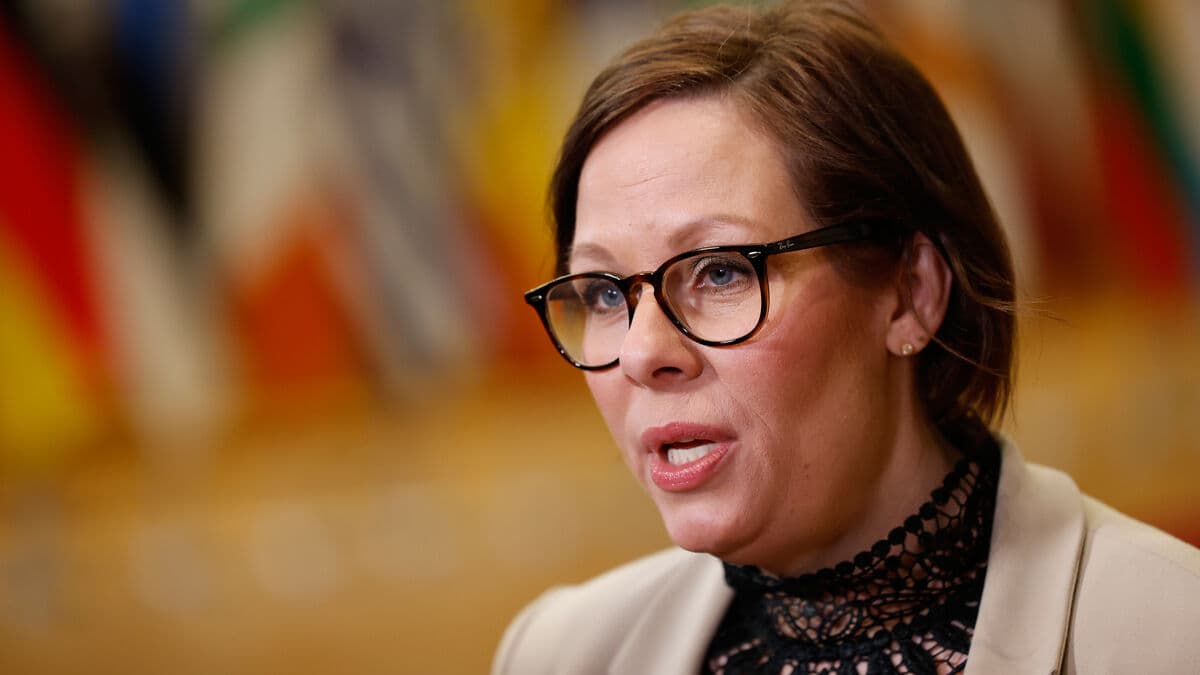The UN Security Council has adopted a resolution for a ceasefire in Gaza.
Terror-listed Hamas welcomes the resolution, but no parties have yet formally accepted the official proposal.
The resolution was written by the USA and is based on the agreement presented by President Joe Biden at the end of May.
The resolution received 14 out of 15 votes in the Security Council's ballot, with Russia abstaining from voting.
The text calls on the parties to fully and unconditionally implement the provisions of the agreement.
The USA claims that Israel has accepted the proposal – something that has not been clarified by Israel's government.
The Hamas movement states in a statement that it wants to emphasise its willingness to cooperate with mediators to initiate "indirect negotiations on the implementation of these principles".
Hamas also reiterates its demands, including a permanent ceasefire in Gaza and a complete withdrawal of Israeli forces from the territory. Israel has consistently expressed opposition to these demands and has stuck to its promise to free hostages and destroy Hamas.
Israel's close ally, the USA, has previously been criticised for blocking several proposals for a ceasefire in Gaza.
The ceasefire proposal on the table consists of three phases.
The first phase, which lasts six weeks, involves a complete ceasefire, the withdrawal of Israeli forces from "all populated areas in Gaza" and the exchange of a number of hostages for hundreds of Palestinian prisoners.
Phase two is dependent on the parties first agreeing on "necessary arrangements". However, if this happens, it would mean a permanent end to hostilities, the release of all remaining living hostages and the withdrawal of all Israeli forces from Gaza.
In the third phase, the remains of hostages who are no longer alive will be returned, and a comprehensive reconstruction plan will be launched.
The UN Security Council has a total of 15 member states. Five of them are permanent members and have veto power: France, China, Russia, the United Kingdom and the USA.
The other member states are elected for two-year terms.
The Security Council has primary responsibility for maintaining international peace and security, according to the UN Charter. The permanent members have veto power and can therefore block decisions. All UN member states have pledged to follow the Security Council's decisions and implement them.






